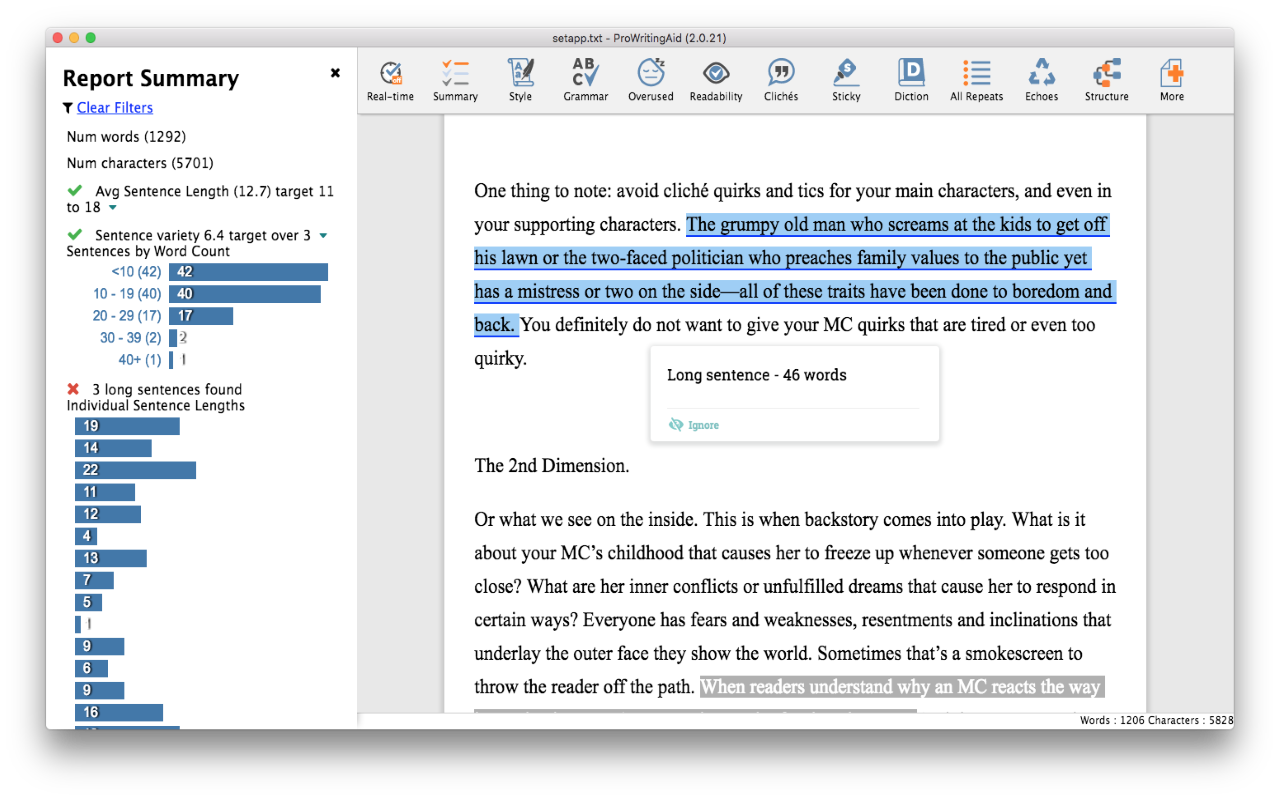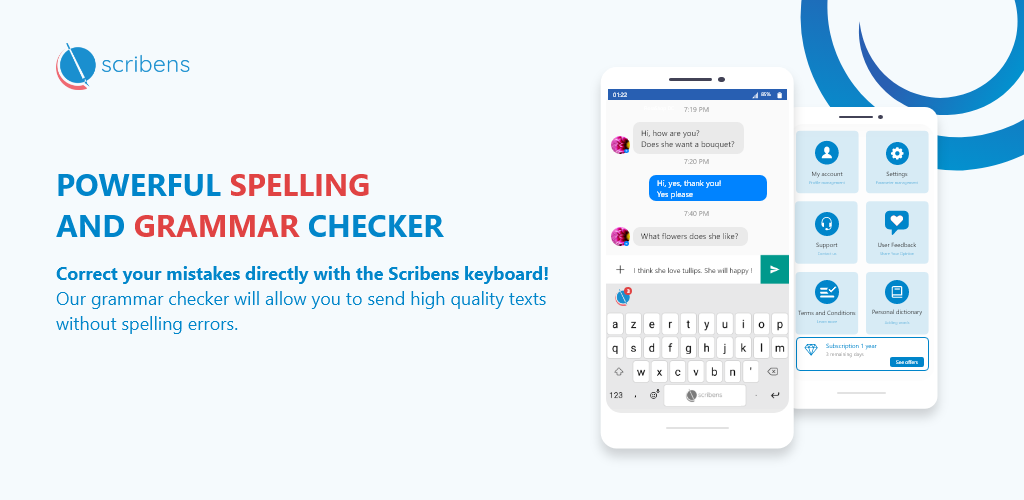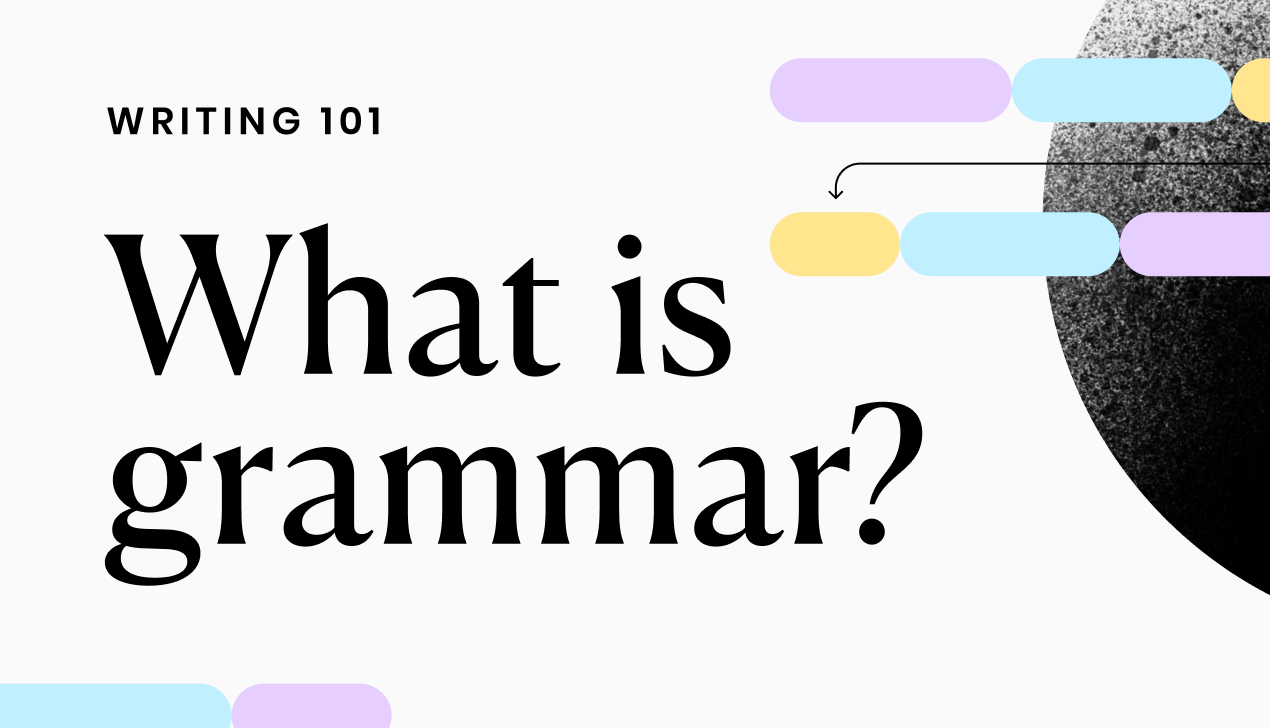Would you like to know the difference between Grammar, Spelling and Punctuation? We will look into it in this article.
Most of the time, people have misconceptions about these three concepts in English, which leads to a lot of mistakes.
In the English language, there are three things that help you compose and structure your sentences, making it perfect for the reader to understand: Grammar, Spelling and Punctuation.
They help organise your writing arrangement and give clarity to your sentences. This can confuse you as they seem to be doing the same work but are completely different from each other in function.
You can only know the difference between Grammar, Spelling and Punctuation when you have prior knowledge. Do not worry; we will look into grammar, spelling, and punctuation and their key differences. If you want to learn more about this, join us as we explore them.
Let’s get started.
What Is Grammar?
Table of Contents
If you want to learn any language, you must first understand the meaning of grammar, as it is important for understanding, writing and speaking any language.
According to the Oxford Advanced Learners English Dictionary,” Grammagrammare rules in language for changing the form of words and joining them into sentences”; it is a person’s knowledge about a language, its use, and how it works.
In English, your grammar determines how perfect you are in the composition, structure and use of written and oral English.
Also, check out What Is Grammar All About; Everything You Need To Know About Grammar And 7 Common Mistakes.
What Is Spelling?
Several words make up a sentence and are composed of two or more letters. The process of naming or calling out the letters contained in a word is known as Spelling. Spelling determines if a word is correctly or wrongly spelt, and it helps give a sentence a complete meaning.
When a word is wrongly spelt, it can change the meaning of the word or alter the meaning of the sentence it is seen in.
However, to effectively and correctly spell words, there are some rules that you ought to look at. They are guides that help you to spell words correctly in every application of the word you want to spell. These rules are
- Adding suffixes to words ending in ‘y’ and preceded by a consonant
- Correct Use of plural suffixes’ s’ and ‘es’
- Silent letter
- Double Consonants
- Homophones and misplaced words
We have listed some of the spelling rules applicable when spelling.
Also read: What Is Spelling All About; Everything You Need To Know About Spelling And How To Improve Your Spelling.
What Is Punctuation?
Every sentence has and bears the idea of the writer, which the reader is meant to understand. Still, the reader cannot effectively read and understand a sentence without the help of the appropriate punctuation in it.
Punctuation refers to the symbols that enhance a sentence and improve its clarity. These symbols help indicate the ideas the writer wishes to convey to the reader.
Sometimes, these symbols help the reader to understand the tone of the writer, and these symbols include;
- Full stop (.)
- Comma (,)
- Colon (:)
- Semi-colon (;)
- Exclamation mark (!)
- Question mark (?)
- Apostrophe (‘)
- Quotation mark (“)
- Hyphen (-)
- Parenthesis [()], etc.
There are several other punctuation marks, but these are the basics.
Recommended: Punctuation Marks: Punctuation Marks And How To Use It Properly In A Sentence
Core Differences Between Grammar, Spelling And Punctuation
Judging from the above explanation of these three terms, you can see that they help in the clarity of a sentence but in different ways and these differences are outlined below:
| Grammar | Spelling | Punctuation |
| 1. Grammar is the rules in language for changing the form of words and joining them into sentences | It involves calling out alphabets to form a word. | It involves using symbols in a sentence to help the reader understand the writer’s idea. |
| 2. It also involves the effective and correct use of tenses, subject-verb agreement and punctuation | You must consider several things, such as when using the silent ‘e’ and writing ‘I’ before ‘e’ except when preceded by the letter ‘c’ in a word. | There are several rules for applying some of these symbols, such as using a full stop (.) only to indicate the end of a sentence. |
| 3. Every writer or speaker must ensure that sentence structure, spelling, punctuation and correct use of the parts of speech for effective grammar usage | The letters in every word which you write must be arranged according to and called out correctly so as not to change the meaning | The writer must know when and where a particular mark is appropriate. |
| 4. Wrong Grammatic structuring can lead to misinterpretation of contents | The misplacement of any letter in a word will alter the actual meaning of the word, e.g., using ‘where’ in place of ‘were’. | Examples include full stop, comma, colon, apostrophe, semi-colon, etc. |
Conclusion
For a sentence to give the right meaning, it has to be properly structured and organised, and for that, you need to have the right knowledge of Grammar, Spelling and Punctuation.
Although these concepts, Grammar, Spelling and Punctuation, almost do the same work in a sentence (enhancing the sentence structure for clarity), they do so differently.
The differences between grammar, spelling, and punctuation may not be known to many, and this is why we have carefully listed the differences for you to go through to better understand how they work in a sentence. Read through to gain a better understanding and mastery of these English concepts.
Having been through this article, we hope it has been helpful and educative. Till Next Time.













